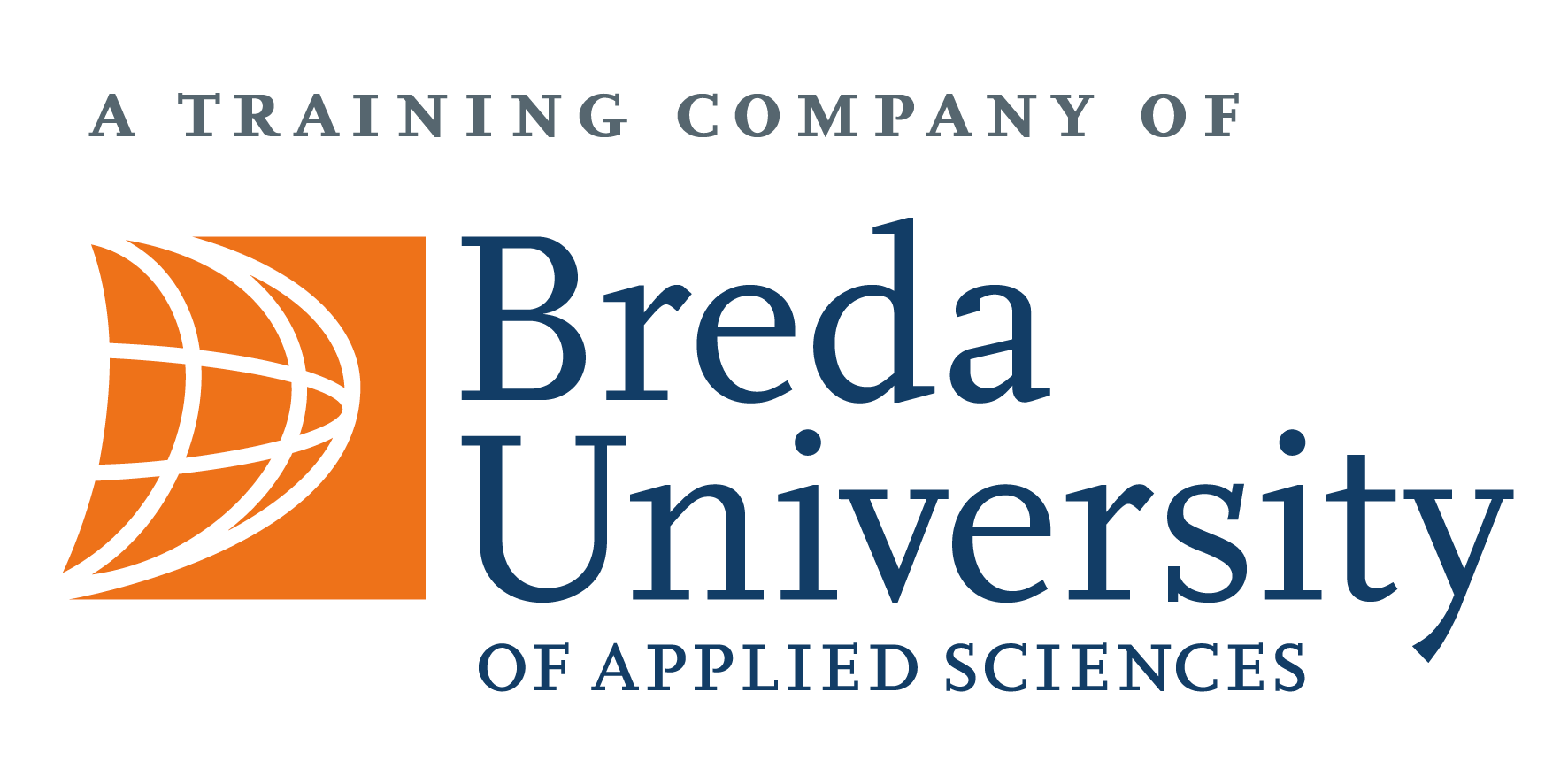Many young people are interested in different diets for one reason or another. Some are trying to improve their physical health, others their mental health. Maja, a second-year student at BUas agreed to share her experience with seasonal eating and Chinese medicine - focusing on in-season fruits and vegetables, and how this way of eating has helped her to become more healthy.

“I think it started when I started practising yoga.” She says. “I got into this healthy lifestyle, and I began to learn what food does to your body and how important it is to eat seasonal food.”
First thing in the morning she drinks a glass of warm water with honey and lemon. This helps her stomach to get stronger and more durable. Then she takes her time to prepare and eat breakfast, enjoying a slow morning. Her first meal is usually something warm. She started out with oatmeal, however that made her sick and she switched to scrambled eggs or shakshuka (tomatoes and eggs). Dinner leftovers are also welcomed. Her next meal usually is after she gets back from university but before seven pm. That way her stomach doesn’t have to digest the food at night for a better sleep.

“My diet is simply based on cereal and grouts and vegetables.” She also adds that she avoids meat as much as possible. For protein she eats tofu, lentils and other plant-based protein.
If she has to eat at university, she either brings leftovers from her dinner or gets a sandwich from the cafeteria.
“I read this book ‘Miracle morning’ and in it says that when you wake up early you have more time for yourself, and you get more energised. Honestly it worked out for me quite well. So, I started going to sleep around 10 pm and wake up at seven am. That way I have a decent nine hours of sleep.”
She started getting into Chinese medicine at the beginning of last year when she went to a yoga camp. At first, she was weirded out by the acupuncture they were offering; nevertheless, she went to an appointment anyway. It ended up helping her with some of her period problems. At the camp she also learned more about the Chinese medicine treatment.
According to this type of treatment each organ works at a different time of the day. For example, your stomach works the best in the morning, that’s why breakfast is the most important meal of the day. “That way you get the biggest nutritional value.”
In Chinese medicine there is also the idea of Ying and Yang energy – hot and cold. Which is why she avoids cold food.
According to this lifestyle cold is a symbol of death and hot of life. According to traditional Chinese medicine, yang energy relates to things that are warm, strong, masculine and bright, whereas yin is linked to things which are feminine, cold, soft and dark. Which is why she avoids cold food.

“I try to eat food that has grown in the corresponding season. For example, I would eat salads in the spring or the summer. In the winter these products are grown artificially so I avoid them. In the autumn I started eating carrots and pumpkins.” She advises that it would be the best if you could buy your food products at a local market.
Shopping for locally grown food is challenging in the Netherlands. “If you go to one of the bigger shops, like Jumbo, they have the same food all year round. The same vegetables and exotic fruits.”
“The diet could also get a little bit boring during the winter. In the summer and the spring there is far more variety.” She adds: “But sometimes it could be nice. It forces you to get creative with your meals and expand upon your tastes.” She also stopped eating raw fruits. “It’s better for your digestion if you warm it up.” For instance, by baking it.
She tries not to limit herself to something too specific. She allows herself to stray away from her diet at times if that’s what makes her happy. “If you crave something it means that your body needs it.”

Lastly Maja’s offers some advice to someone just starting a seasonal diet in Breda:
“You could go to the official site of Breda Municipality and see when and where there is a local market. It’s far cheaper and more diverse than shopping at Jumbo or Albert Hein. It might be hard but don’t get discouraged and be creative. Also don’t be too strict, treat yourself!”
If you would like to read more about seasonal eating and Chinese medicine, you can start with these two articles:
The Importance of Yin-Yang Philosophy in Chinese Food (theculturetrip.com)

